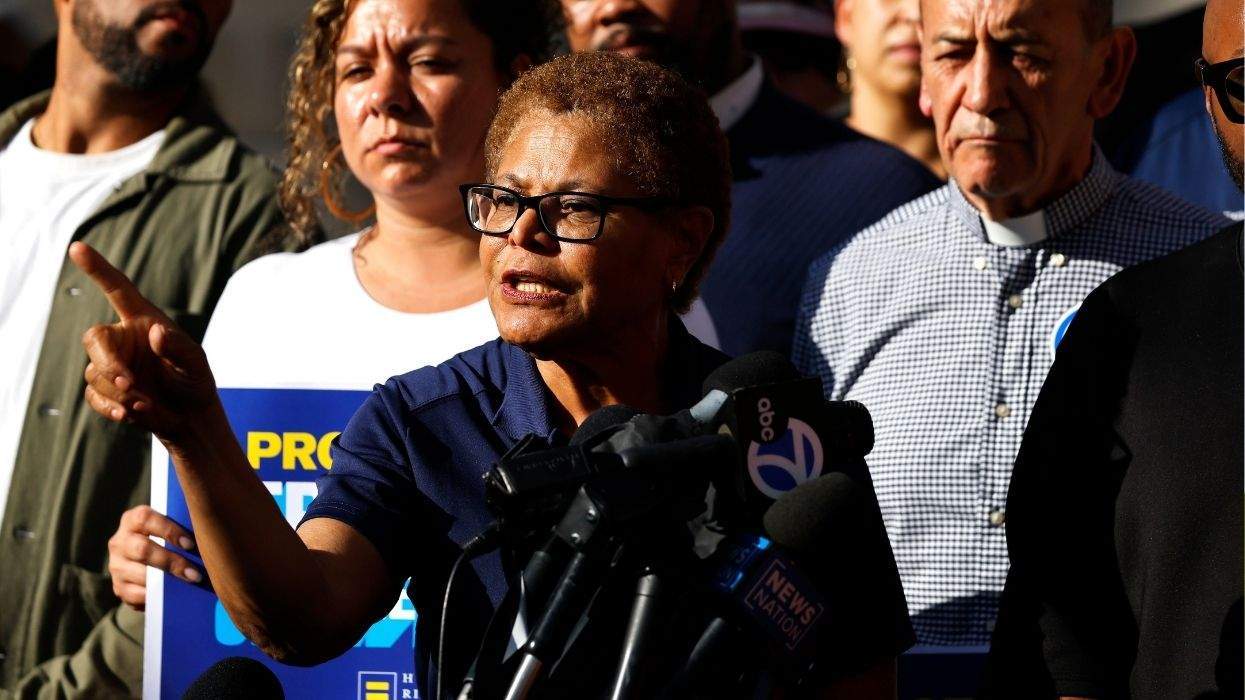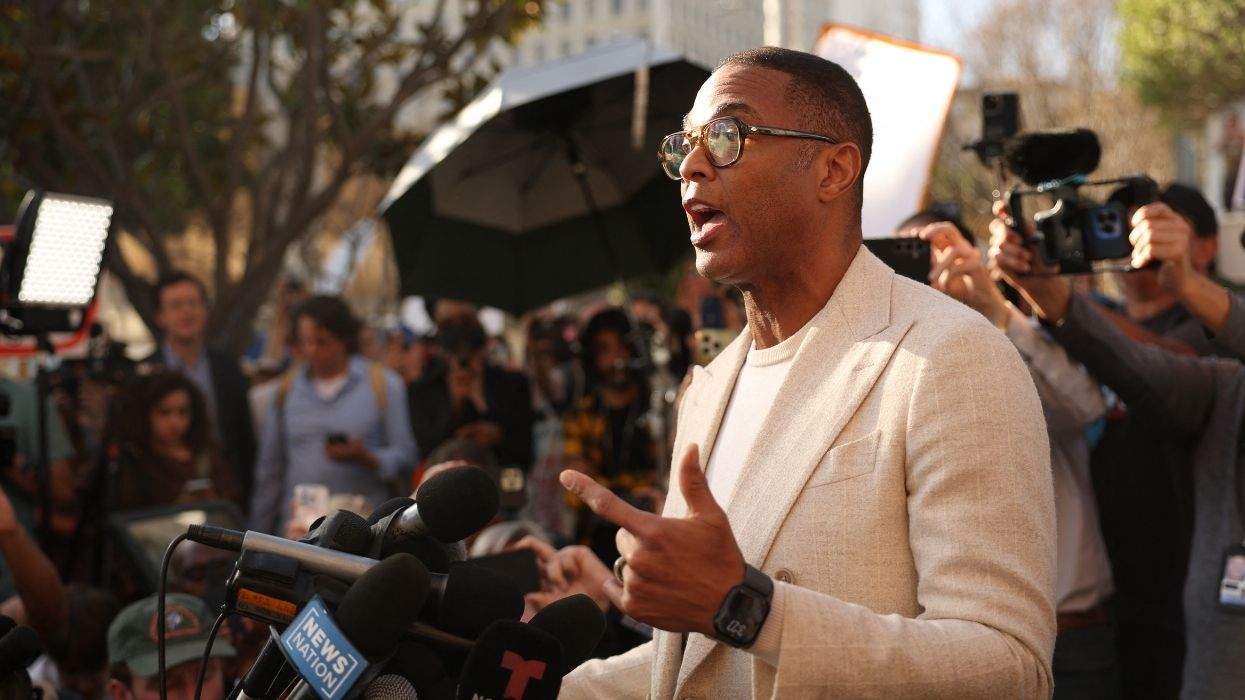One joy of being at NPR is the privilege of working closely with icons of American journalism. Thanks to my parents, I have spent nearly every day since my birth with the voices of Nina Totenberg, Robert Siegel, and Susan Stamberg. But Daniel Schorr occupied a different plane of journalistic iconography. Born in 1916, a protege of Edward R. Murrow, Dan was an icon to my icons. When he worked for CBS, Dan broadcast to the world that a wall was being built between East and West Berlin, and a 14-year-old Robert Siegel was listening. Dan arrived at NPR when he was 68, at a point in his career from which others would have proudly retired. But he had another 25 years ahead of him. In his 90s, Dan would talk about what it was like to grow up in New York during Prohibition, to serve in US Army Intelligence in World War II, to be investigated by the FBI, and to discover his name on Nixon's enemies list during a live CBS News broadcast. Dan was, as one of the speakers at his memorial service put it, a voice of authority who challenged authority.
I felt as though I knew Dan long before I met him in person. His news analysis on All Things Considered was the soundtrack to my mother's dinner preparations. His "Week in Review" conversations with Scott Simon on Saturday mornings accompanied my father when he took over the kitchen to cook pastrami and onions with scrambled eggs. Of course it never occurred to me during my childhood that I would someday meet, learn from, and work with Daniel Schorr; that he would become "Dan" to me, or that I would be fortunate enough to count him as a friend and colleague.
When I arrived at NPR as an intern in 2001, I came to know Dan as a combination of avuncular curmudgeon and revered oracle. He would walk past my cubicle into one of the production studios, with the help of his research assistant and his walker. Even by the standards of a radio network where people seldom look the way they sound, it was hard to match the frail man shuffling past my desk with the authoritative, warm voice and intellect that I still heard on my radio every week.
In 2005, I reported a story on gay sex, methamphetamine use, and HIV. I smuggled a microphone into bath houses and sex clubs to interview men about sexual health and drug use. I thought to myself, "This story will either get me fired, or it will be the best work I've done." Then I called NPR's managing editor and said, "You're about to get a receipt for admission to a sex club. I expect to be reimbursed."
The story eventually won The Daniel Schorr Journalism Prize. I was honored, and then I was paralyzed. Of course I had to pay my respects to Dan, and tell him what a privilege it was to be recognized with an award bearing his name. But how would he feel about the fact that such recognition came for work I did in a bathhouse? Could I approach such a revered journalistic legend with talk of gay sex? He was a foreign correspondent and war reporter, admired and feared by presidents for his journalistic tenacity. I was some kid who had wrapped a towel around his waist and sauntered into a sex club to ask guys about condoms. Weeks passed, and I finally gathered the courage to knock on Dan's office door. He looked up from his typewriter and wryly said, "Let me be the last to congratulate you." I laughed and apologized for taking so long to stop by. I sat down, and we chatted for the rest of the afternoon.
In the 25 years that Dan spent at NPR, as news organizations became more invested in style, zip, and flash, Dan's work testified to the value of age, experience, and perspective. He was not flashy. His insights were not "wisdom beyond his years," but exactly the wisdom of his years. When he talked about the housing crisis and economic collapse, it was with the knowledge of someone who had lived through the Great Depression. When he offered analysis on the Russian spies recently arrested in New Jersey, it was from the perspective of a man who had chronicled the rise and fall of the Soviet Union.
The last time I filled in as a guest host on Weekend Edition, I began the "Week in Review" segment by telling Dan what a pleasure it was to be on his program. He said, "Welcome aboard." It was days before President Obama's inauguration, and Dan told stories of memorable inaugurations past: 1961, when army flamethrowers cleared eight inches of snow off Pennsylvania Avenue for President Kennedy's parade; President Reagan's second inauguration, when it was so cold that the parade was cancelled; Dan remembered President Truman, who was the first to deliver his inaugural address on television; "and then my old friend Richard Nixon," he said, "who took the oath on not one but two bibles." As Dan put it, "I don't think it helped." (Dan may not have been flashy, but at 93 his wit was still quicker than mine.)
A few days before that Weekend Edition broadcast, I was sitting in Dan's office planning his segment when the show's executive producer, Davar Iran Ardalan, stuck her head in the door.
"Dan, I want to talk with you about a new series we're working on," Davar said. "It's called 'The Ninth Inning,' and we want to include you."
Dan raised an eyebrow.
She continued, undaunted. "It will be a series of reflections by people who are in the ninth inning of their lives, looking back on what they've learned and experienced."
In the sonorous, wise voice that I and millions of others had grown up with, Dan calmly asked, "And why do you wish to include me? Are you suggesting that I have reached the end of my game?"
In that moment, it was easy for me to imagine that Dan, already in his '90s, would continue reporting for another 25 years.















